Snowchange
13/02/2026
Makkaralatva-aapa, a Major Aapa Peatland in Ranua Fully Protected
Today the environmental protection officials in Lapland and Snowchange has legally protected Makkaralatva-aapa, a restored major aapa peatland complex of 330 hectares.
Makkaralatva-aapa is also contributing to the Litokaira wilderness area, which is the largest conservation site south of the Arctic Circle in Finland. Litokaira is east of Makkaralatva-aapa.
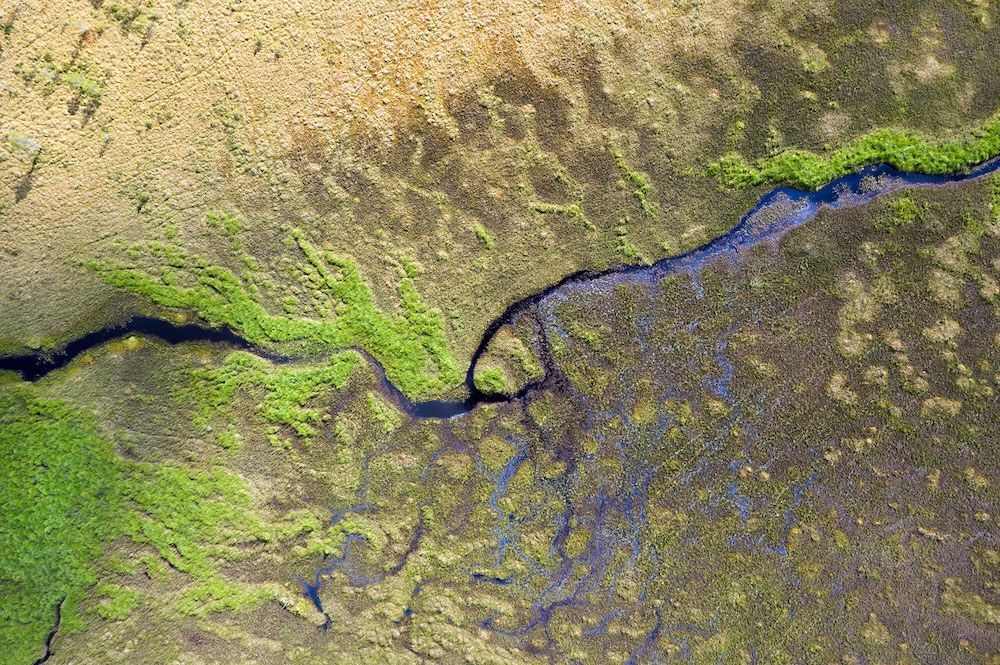
Snowchange
06/02/2026
Mongabay Reports on the Peatlands Collaboration
A conservation effort across Finland, Canada’s Arctic and the U.S. is trying to establish one of the first coordinated efforts to protect and restore peatlands in Europe and North America. At the same time, communities and organizations are leading research activities, preserving Indigenous knowledge and creating artistic spaces to raise awareness about peatland conservation. Although peatlands cover only about 3-4% of the Earth’s surface, studies show they contain up to one-third of the world’s soil carbon. Given that peatlands are overlooked and face growing risks, sources say a cross-regional approach is timely for advancing peatland conservation while helping communities become better prepared and more resilient to climate change and mining impacts.
See full story from the link.
https:
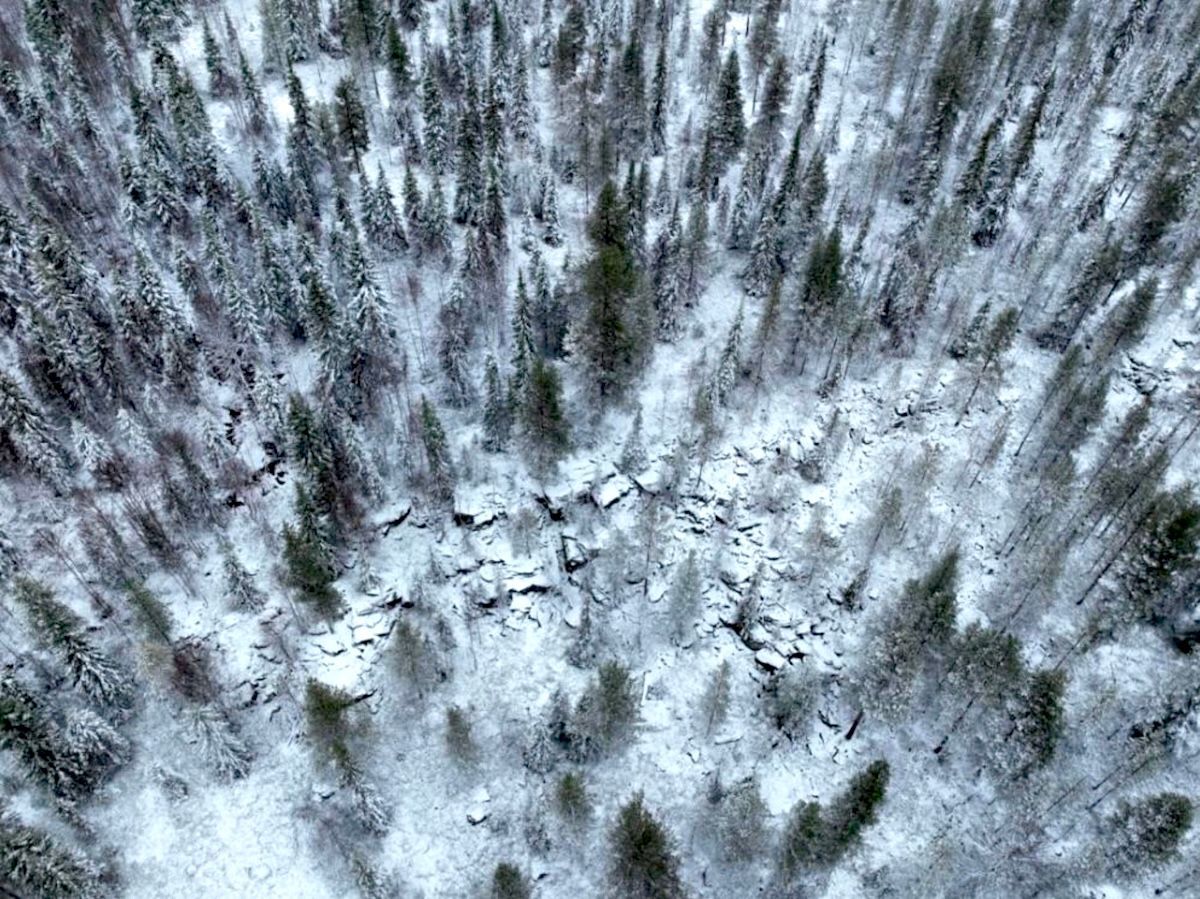
Snowchange
04/02/2026
New Funds and Action on Wild Forest Reindeer
February begins in very cold temperatures across Finland at -35 C. New funding associated with the Earthshot Prize expand the restoration efforts for 2026. Equally so, a new LIFE EU funding for support of wild forest reindeer will last until 2032.
New funding has emerged. Today, the Bezos Earth Fund announced a collaboration to fund 48 pioneering solutions over the next three years with The Earthshot Prize. The initiative will identify and support innovators from The Earthshot Prize’s global pool of nominations which have not been selected as Finalists for the Prize, helping accelerate transformative projects that drive meaningful progress in climate mitigation and nature protection.
The Bezos Earth Fund will provide $4.8 million, over three years, to back 16 solutions each year. The projects will be sourced from the extensive network of high-impact environmental innovations that have been nominated for The Earthshot Prize – reflecting the Prize’s mission to mobilise a decade of action for the planet.
The first 16 organisations will receive $100,000 to help expand their operations and amplify their impact. From harnessing cutting-edge technology to empowering local communities, these grantees will represent the bold, creative innovation needed to reimagine what’s possible for people and the planet.
This first announced grantees are:
Air Protein, Inc., Climatenza Solar, Instituto Floresta Viva, Forum Konservasi Leuser, Fundación Rewilding Argentina, Hyperion Robotics, InPlanet, Lasso, Mandai Nature, Mati Carbon, MERMAID, Asociación Conservacionista Misión Tiburón, Simple Planet, Snowchange Cooperative, tHEMEat Company, and UP Catalyst.
Dr. Kelly Levin, Chief of Science, Data and Systems Change at the Bezos Earth Fund, said: “Innovation is everywhere – from labs to local communities. Yet too often, these ideas remain small when the world urgently needs them at scale. Through our partnership with The Earthshot Prize, we can help ensure these breakthroughs don’t simply stay sparks of promise but grow into transformative solutions capable of reshaping our future trajectory. With new funding opportunities and the reach of The Earthshot Prize’s unparalleled global network, we are unlocking pathways for bold climate and nature innovations to expand across borders, accelerate systemic change, and deliver the impact this decisive decade demands to protect people and the planet.”
Jason Knauf LVO, CEO of The Earthshot Prize, said:
“Partnering with the Bezos Earth Fund on this unique funding initiative is a powerful testament to both organisations’ commitment to elevating and scaling breakthrough climate solutions. The Earthshot Prize selects 15 Finalists each year, but our wider pool of nominations represents a global pipeline of innovators and investable solutions that benefit both people and planet. Collaborating with the Bezos Earth Fund to support additional high-potential solutions is at the heart of commitment to working with partners who share our vision. By combining our strengths to support 48 carefully selected grantees from The Earthshot Prize’s pool of nominations, our partnership with the Bezos Earth Fund means we will continue to drive systemic change beyond our annual Prize cycle, delivering real-world impact at scale and speed.”
The Earthshot Prize is the world’s most impactful and prestigious award connecting innovators, funders, businesses, and communities to back climate leaders and restore confidence in humanity’s ability to protect the planet.
Lastly the work on a new LIFE Project from the European Union has begun to support the wild forest reindeer. Finland has secured substantial EU LIFE funding to support the conservation and population management of the Finnish wild forest reindeer (Rangifer tarandus fennicus), a native subspecies of the circumpolarly distributed reindeer. The seven-year project, LIFEline4Fennicus, aims to strengthen the long-term viability of the population through targeted conservation measures.
Starting in 2026, the project builds on the updated conservation and management plan for the wild forest reindeer and continues the work of the earlier WildForestReideerLIFE project, which concluded in 2023. The new project introduces a wide range of conservation actions to safeguard the future of this forest dwelling subspecies.
“The backbone of the project consists of reinforcements in Lauhanvuori and Seitseminen National Parks and a reintroduction in Tiilikkajärvi National Park,” says Milla Niemi, senior specialist at Metsähallitus and lead author of the funding proposal.
“We will also continue and expand our collaboration with reindeer herding cooperatives to protect the genetic integrity of the wild forest reindeer, improve our understanding of its habitat use, and restore extensive areas of suitable habitat in preparation for its possible later return to North Karelia,” she adds.
In addition to proven methods, the project will also pioneer new approaches. These include the development of assisted reproductive technologies for the wild forest reindeer and the biobanking of genetic material.
“This will help maintain the genetic diversity of the captive population and ensure the availability of suitable founder individuals for future reinforcements and reintroductions,” Niemi explains. The new techniques will also provide important safeguards in the event of a sudden population decline, such as one caused by a disease outbreak.
The wild forest reindeer once ranged widely across Finland and was found throughout the country as recently as the 17th century. By the 1920s, however, it had been hunted to extinction within national borders. A natural recovery began in the 1950s, enabled by a remnant population that had survived just across the eastern border. Today, the subspecies occurs in Finland and parts of northwestern Russia. The total global population is estimated at around 5,000 individuals, with approximately 3,000 living in Finland, where the main threats to the species include habitat fragmentation, predation by large carnivores, and traffic. In Russia, poaching has been a serious concern.
The LIFEline4Fennicus project is coordinated by Metsähallitus, Parks & Wildlife Finland. Project partners include the Natural Resources Institute Finland, Snowchange Cooperative, Korkeasaari Zoo, and Ranua Wildlife Park. In addition to the EU LIFE Programme, the project is supported by the Finnish Ministry of Agriculture and Forestry, the Ministry of the Environment, the European Wildlife Comeback Fund, the Raija and Ossi Tuuliainen Foundation, and the participating organisations themselves. The total budget is approximately EUR 9.55 million, of which 60 % is covered by EU funding.
The LIFE Programme is the European Union’s funding instrument for the environment and climate action. It supports nature conservation projects and the implementation of EU environmental policy.
https:
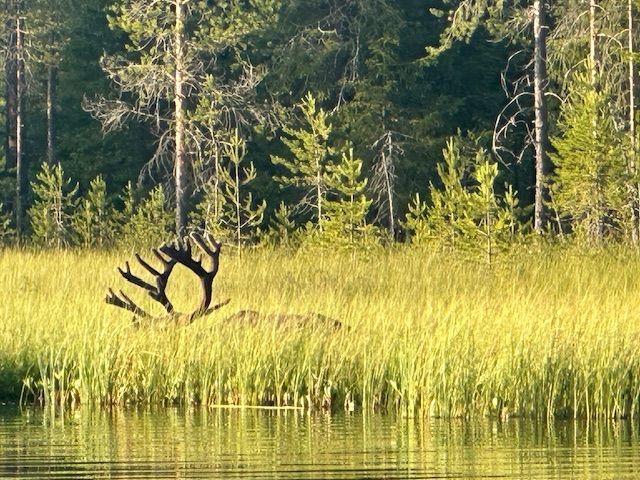
Snowchange
16/01/2026
January Expands Natural and Old Growth Forests in Lapland and Celebrates the Lifework of a Karelian Singer Jussi Huovinen with a site in his Village
In January over 380 hectares of old growth and natural forests have been included into the Landscape Rewilding Programme. Additionally a site in Suomussalmi celebrates the legacy of a Karelian rune singer Jussi Huovinen.
Pauttiselkä old growth forest is a major Sámi reindeer herding forest in the community of Vuotso. It is directly linked with the UKK National Park and Sompio strict nature reserve. At 100 hectares it portrays outstanding biodiversity and natural values.
Two other major forest-peatland complexes open the year. Vanhala has sections that have been logged but the wilderness parts of the site support high biodiversity and the Joutsenaapa EU Nature 2000 site. It is at 134 hectares. Kumpurinne-Sieppi OGF forest and peatlands form a nationally relevant support to Ounas-Pallas national park in Muonio. Some parts of this 130 hectare forest complex have timber over 200 years old, never logged and fully intact peatlands of outstanding natural values.
We commemorate and celebrate the lifework of Karelian rune singer and knowledge keeper Jussi Huovinen with the Hyryvaara site in his village in Suomussalmi. This 15 hectare peatland and forest complex supports Murhisalo Eu Nature 2000 site and through th esite we remember the significant works and cultural heritage of Jussi, wjo passed away in 2017.
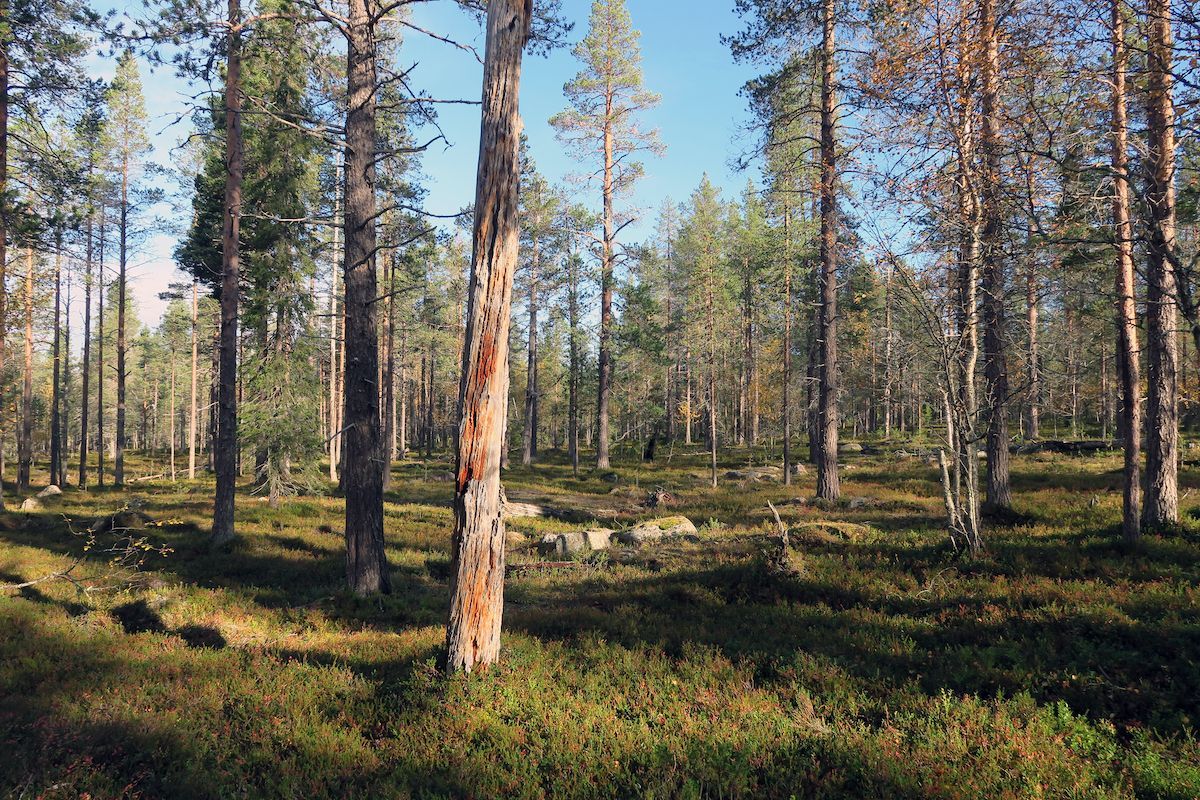
Snowchange
24/11/2025
New Previously Unknown Population of Freshwater Mussel Found in Sámi Area
Sámi restoration experts together with Snowchange scientists have uncovered a previously unknown, healthy population of critically endangered freshwater mussel in the Ivalo river catchment in Sápmi.
The discovery is significant as no previous populations have been discovered in the Ivalo river catchment. The inventories conducted pointed to over 700 mussels of young, breeding population. Following guidance from the authorities the exact location of the population is kept hidden.
The find points to a need to consider the impact of industrial land use in the Ivalojoki catchment and further inventories through the range of the river. Industrial logging and associated land uses, gold mining and infrastructure projects cause significant harm for the mussels and their home streams.
Freshwater mussel is a culturally important animal for the Sámi people and it is also one of the longest living in Finland.
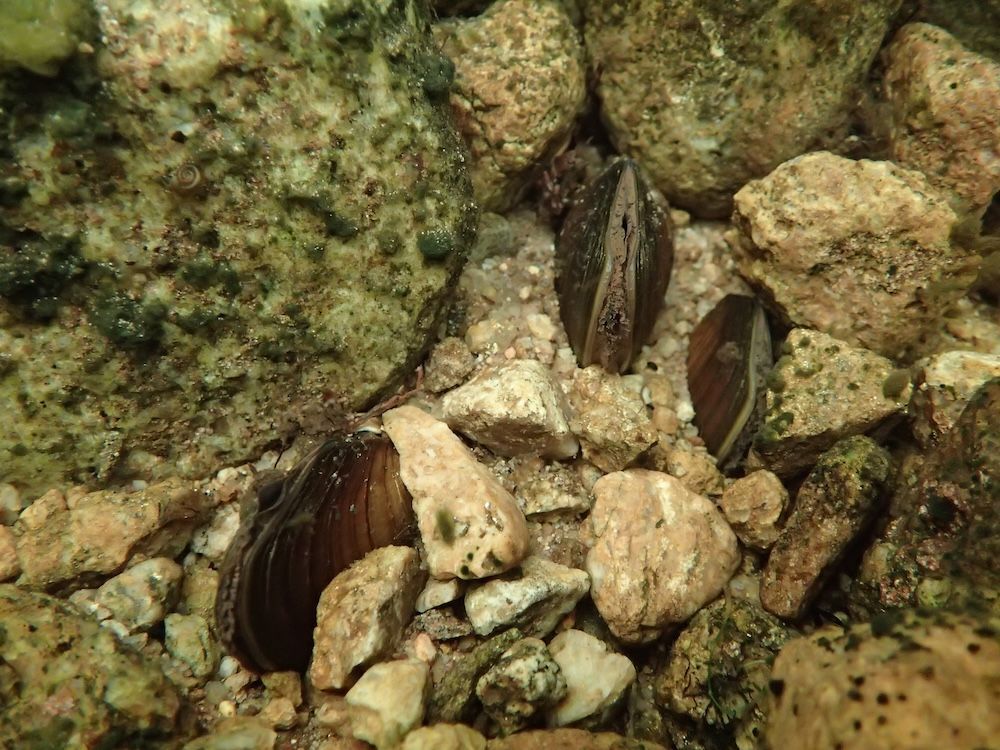
Snowchange
04/11/2025
Whitefish Restoration Has Proceeded in Koitajoki
Over the Autumn several whitefish spawning sites have been cleaned using the traditional river seine. Additionally mother fish support to LUKE has been provided.
Overall restoration in Koitajoki is headed to the end of the season. Karoliina has been leading efforts on the main river to restore whitefish restoration spots and capture mother fish to support the genetic stocks of the endangered whitefish with the Natural Resources Institute Finland.
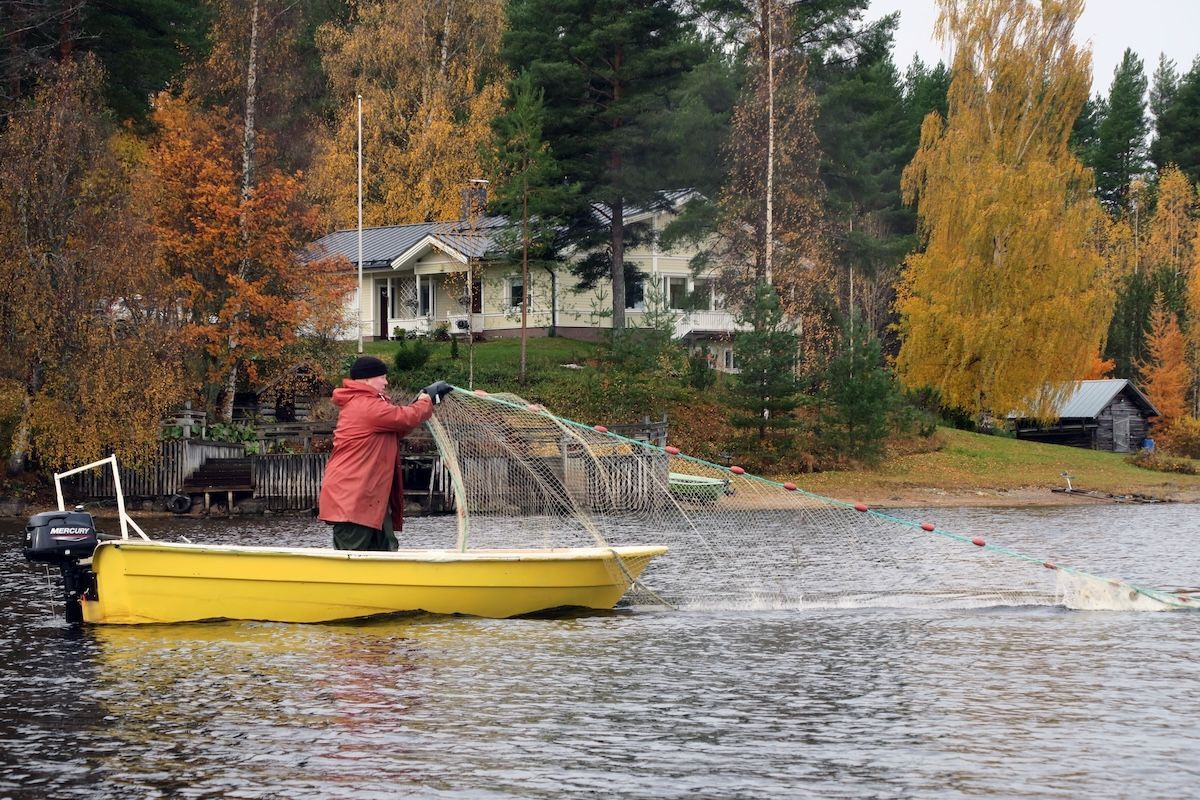
Snowchange
05/10/2025
Climate change puts pressure on reindeer populations, both wild & domestic herds
Mongabay reports on the Snowchange efforts in Sámi home area.
OGF forests and reindeer herding in focus.
https:
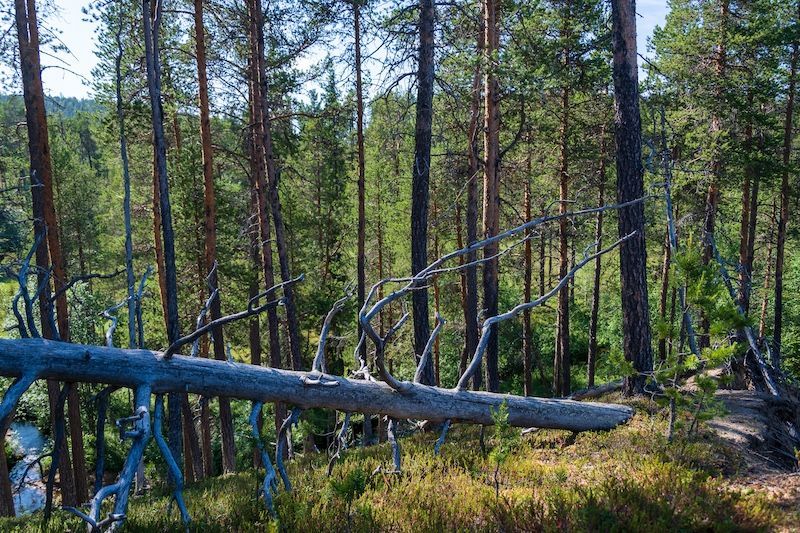
Snowchange
09/09/2025
Sevettijärvi, a Skolt Sámi Lake Restoration Project Concludes
Since decision by the Skolt Sámi Village Council, Snowchange has been restoring the central lake of the Sámi - Sevettijärvi. It suffered from erosion and hydrological problems since 1980s.
The project begun with decisions and planning in 2015-17. Then following licensing 2017-21 the work got under way. Main actions included the Jäniskoski rapids restoration and erosion controls for Kunnanniemi, Martinniemi and Porttiniemi capes. Additionally large scientific activities yielded breakthrough results on microplastics detection, water quality and fish health. Several Sámi from the community worked as co-reseachers and monitoring coordinators.
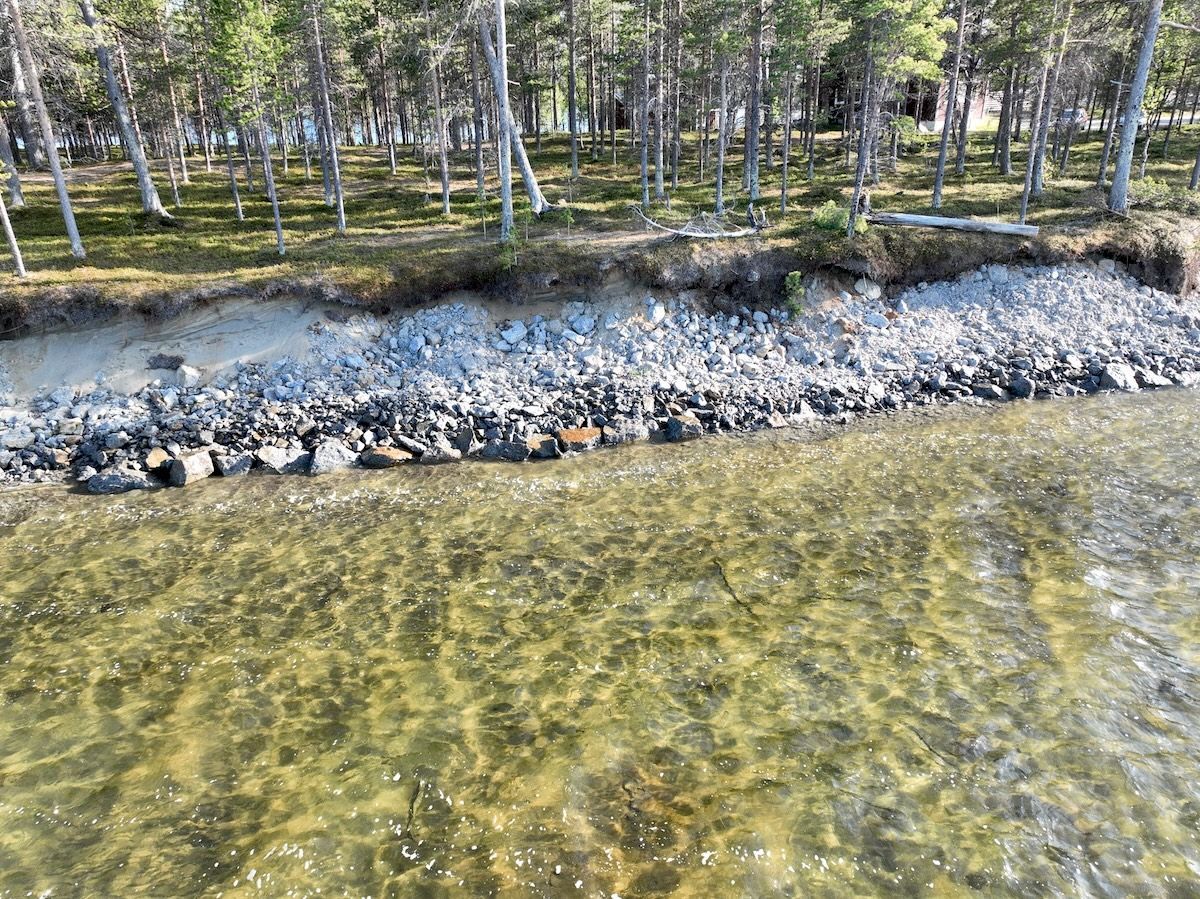
Snowchange
15/08/2025
A New Namesake Site Honors the Lifework of Adjunct Professor, Plant Ecologist Annamari Markkola
Laineensuo, a 26 hectare peatland in North Karelia has been assigned today the namesake site of Adjunct Professor, Plant Ecologist Annamari Markkola due to her long-term commitment to the Finnish nature.
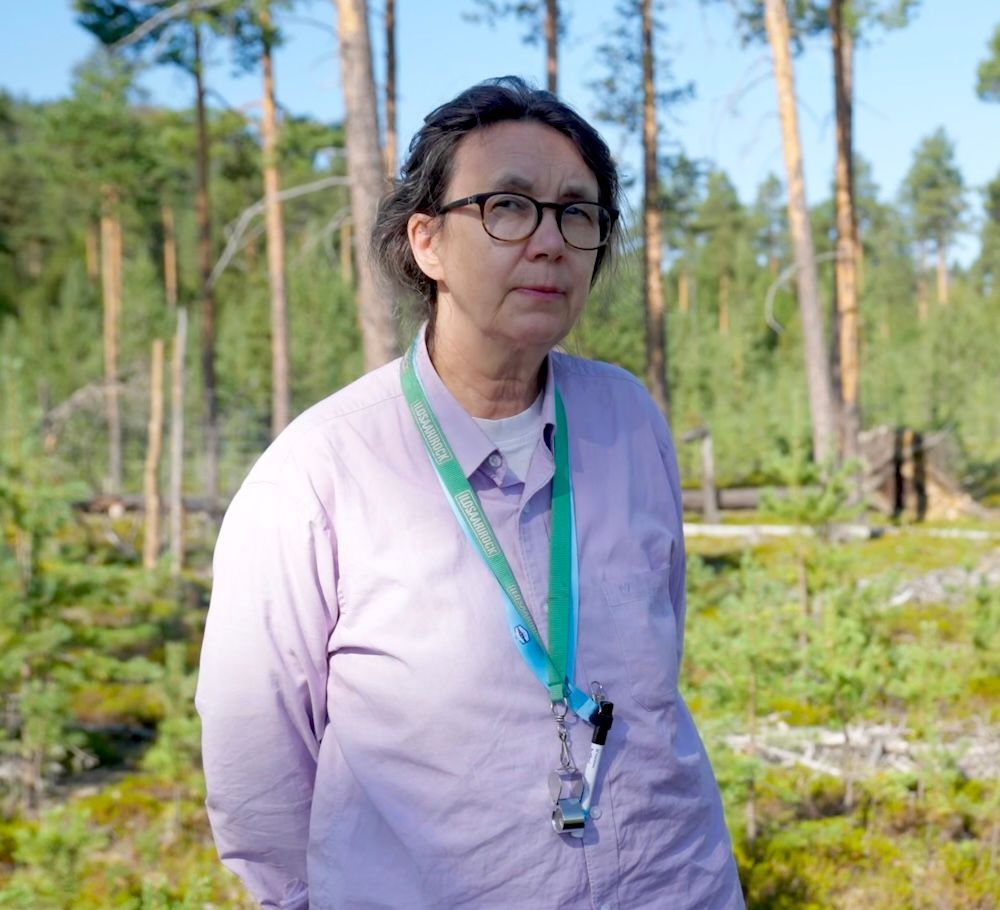
Snowchange
11/08/2025
Brook Lamprey Wilderness Trail in Jukajärvi
City of Joensuu promotes the Snowchange-funded Brook Lamprey Nature Trail in Jukajärvi, North Karelia.
See more in Finnish from the link.
https:



